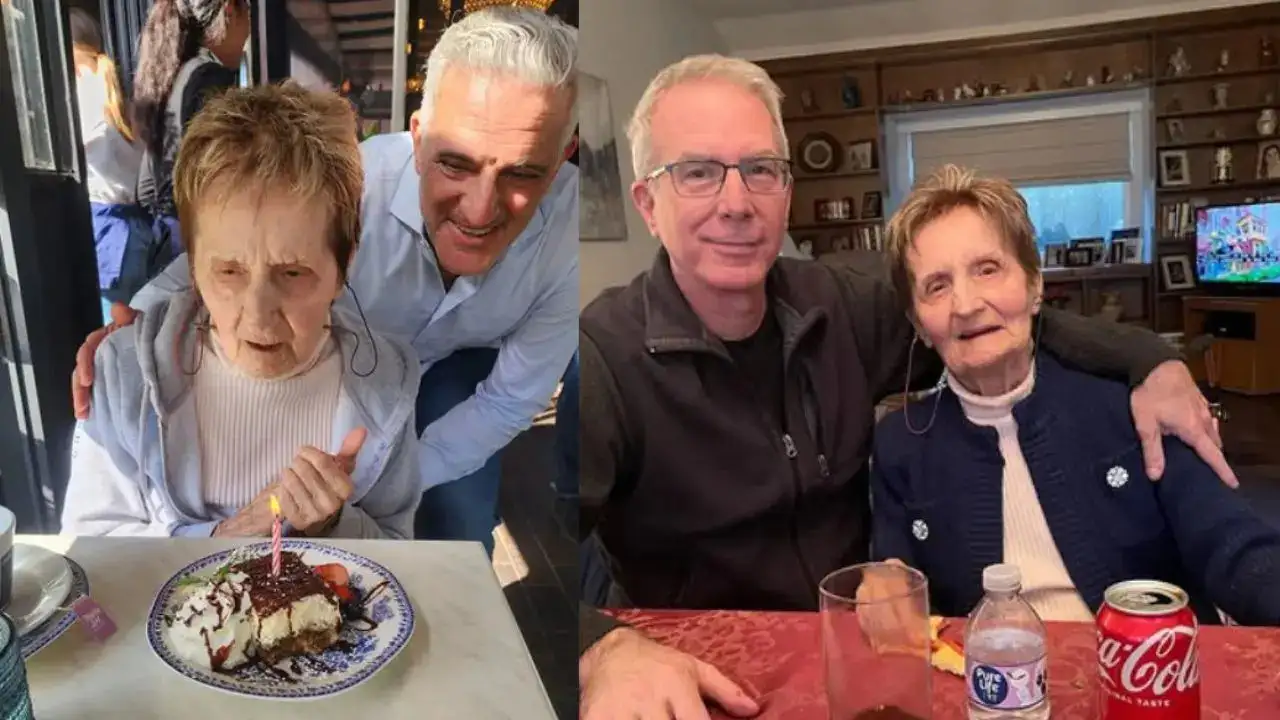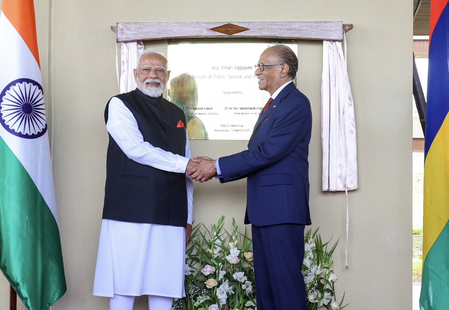By Ghana Plus,GhanaPlus
Copyright ghanaplus

The Ghana Diaspora Political Action Committee (GHPAC) endorsed Owura-Kwaku Sarkodieh for Worcester City Council despite his failure to advance past the September preliminary election, highlighting the organization’s commitment to supporting Ghanaian-American political representation across Massachusetts.
Sarkodieh finished tenth with 2,729 votes in Worcester’s at-large City Council preliminary race, falling short of advancing to the November 2025 general election. The electoral outcome underscores the challenges facing immigrant candidates in competitive municipal races, even in cities with substantial foreign-born populations.
GHPAC President Adjoa Kyerematen praised Sarkodieh’s grassroots campaign approach despite the electoral defeat, emphasizing the broader significance of immigrant political participation in Worcester’s changing demographics. The organization has previously endorsed candidates in New York and Connecticut races, establishing itself as a key advocate for Ghanaian-American political engagement.
Worcester houses approximately 3,700 Ghanaian residents among its 37,000 foreign-born population, representing roughly 10% of the city’s immigrant community according to demographic estimates. Worcester County’s foreign-born population comprises nearly 119,000 residents, or 13.8% of the county’s total population.
Sarkodieh, who immigrated from Ghana over two decades ago, earned his undergraduate degree from the University of Massachusetts Lowell and a law degree from Massachusetts School of Law at Andover. His campaign focused on education reform, public safety, and small business development while positioning himself as an alternative to incumbent council members.
The preliminary election results revealed the financial disadvantages facing grassroots candidates in Worcester politics. Sarkodieh raised 82.4% of his campaign funds from within Worcester city limits, demonstrating local support but insufficient resources to compete with better-funded opponents.
Worcester’s 2025 preliminary election drew 11,489 voters, representing 10% of the city’s 114,837 registered voters, marking higher turnout than the 2023 preliminary but still reflecting limited civic engagement in municipal races.
GHPAC’s endorsement strategy extends beyond individual candidates to broader immigrant community empowerment in American politics. The organization has endorsed candidates in multiple states, including New York Assembly races and Connecticut Senate contests, building a track record of supporting Ghanaian-American political aspirations.
The Worcester race highlights persistent barriers facing immigrant candidates in New England municipal politics. Despite growing diversity in cities like Worcester, established political networks and fundraising advantages often favor incumbent or well-connected candidates over newcomers from immigrant communities.
Sarkodieh’s educational background in law and criminal justice, combined with his experience as a substitute teacher in Worcester Public Schools, positioned him as a qualified candidate addressing key municipal issues. His campaign emphasized parent choice in education and community safety initiatives.
The demographic transformation of Worcester creates opportunities for immigrant political participation while revealing structural challenges. Foreign-born residents comprise significant portions of the electorate but often lack the political networks and financial resources necessary for successful campaigns.
GHPAC’s continued endorsement despite Sarkodieh’s preliminary defeat signals the organization’s long-term commitment to building Ghanaian-American political infrastructure. The group views electoral participation as essential for community representation regardless of individual race outcomes.
Worcester’s Ghanaian community represents one of the most concentrated populations of Ghanaian immigrants in any American city, creating potential for future political organizing and candidate development. GHPAC’s involvement suggests growing sophistication in diaspora political engagement.
The organization’s endorsement patterns indicate strategic thinking about immigrant political advancement, supporting candidates who demonstrate community connection and policy expertise even when facing electoral challenges.
Future Worcester elections may benefit from increased immigrant voter mobilization and candidate development programs, potentially creating more competitive races for candidates from diverse backgrounds like Sarkodieh.



